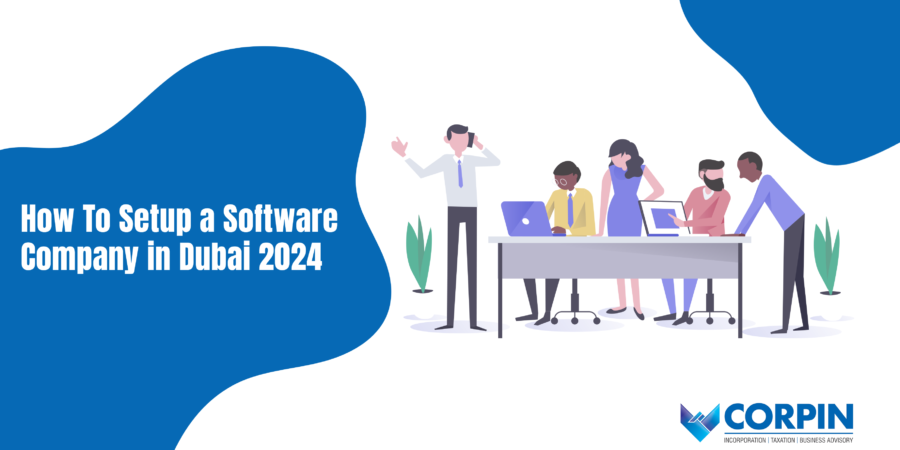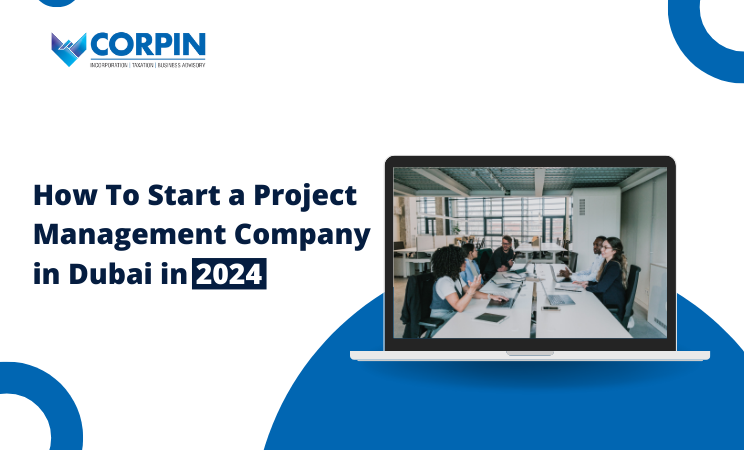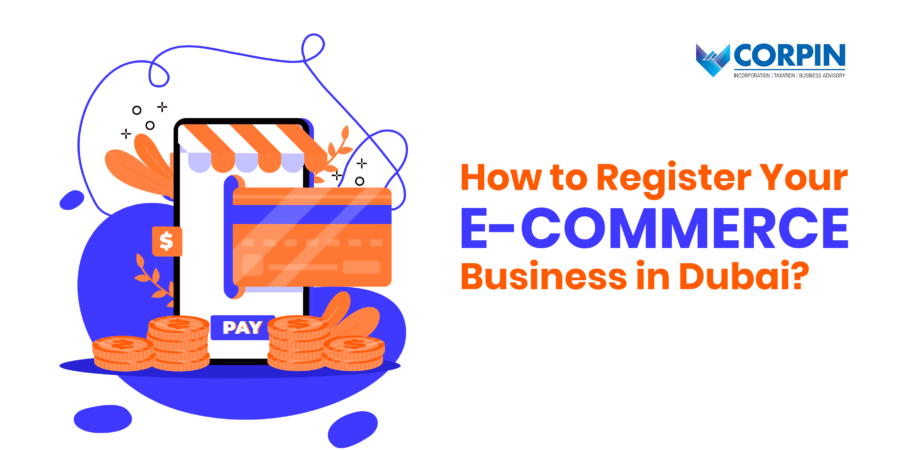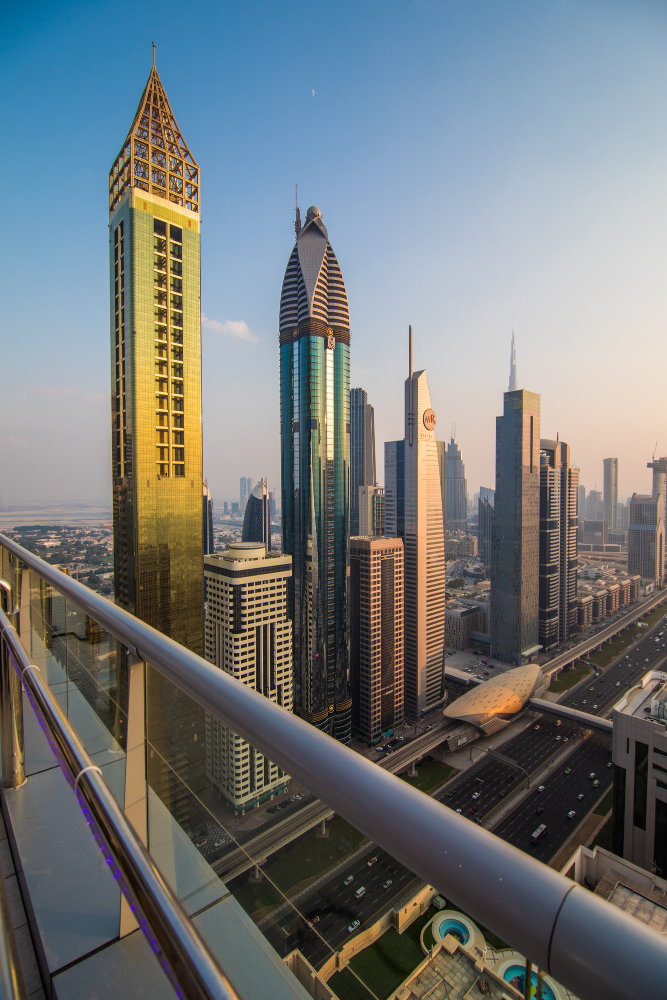How to Setup a Software Company in Dubai 2024
Setting up a software company in Dubai in 2024 presents a promising opportunity amidst the city’s growing tech landscape. With its strategic location, business-friendly environment, and robust infrastructure, Dubai continues to attract entrepreneurs and innovators from around the globe. If you are considering tapping into this dynamic market and opt for a software company setup […]




